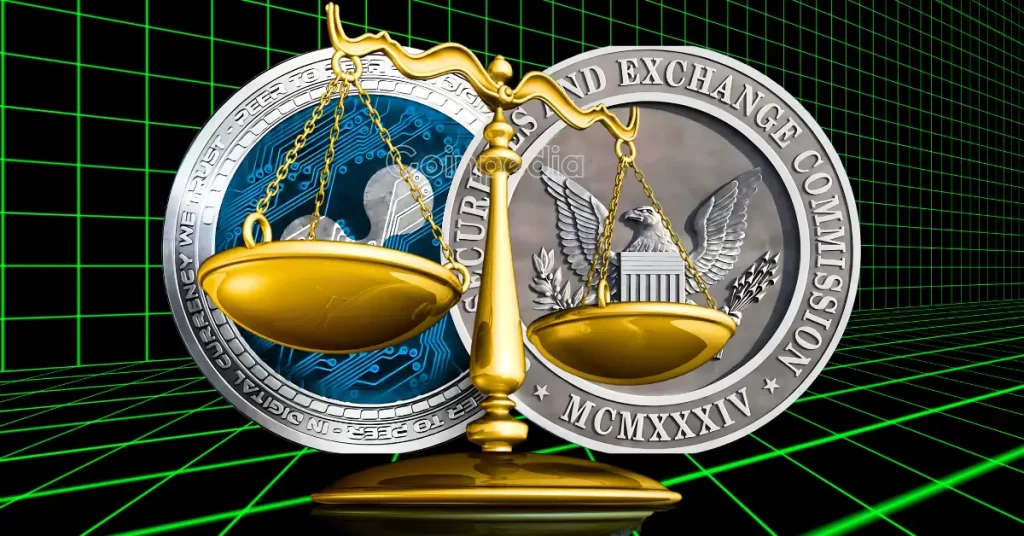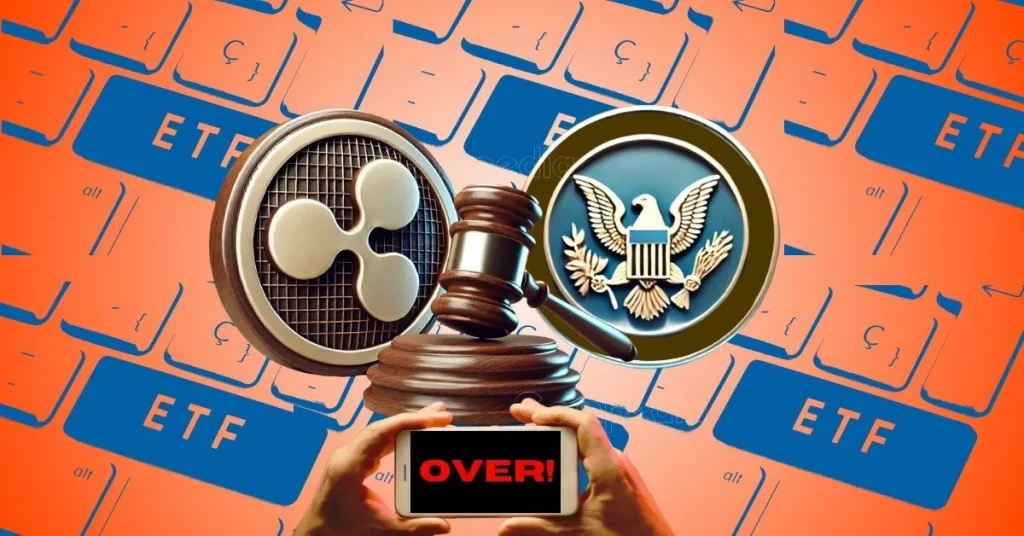Summary Some investors may still be reluctant to invest in crypto despite bitcoin prices rising back to near the $30,000 level, while some long-term crypto fans are still adding to their crypto allocations. With lower prices and some investor reluctance, several ETFs have closed in 2023. Many investors are choosing to access bitcoin and broader crypto themes through traditional ETF wrappers due to their relative simplicity and familiarity. Year-to-date, bitcoin prices are up 72.7%, and crypto ETFs like the Valkyrie Bitcoin Miners ETF (WGMI) are also impressively up 128.9%. WMGI is currently the highest performing equity ETF YTD, while the remaining top 10 ETFs are all also crypto-related ETFs. This outperformance has been catching investor interest, but flows haven’t been matching up. WGMI has only $5.7 million net inflows this year, which places it at 647 out of 1,969 equity ETFs — just barely in the top third. Some investors may still be reluctant to invest in crypto despite bitcoin prices rising back to near the $30,000 level, while some long-term crypto fans are still adding to their crypto allocations. Even for those that aren’t huge believers in the crypto industry, crypto ETFs can be a simple, familiar way to invest in a high-reward/high-risk portion of a market — which may fit into many investor portfolios in small allocations of 1%–5%. This note looks at a brief history of crypto ETFs, including what ETFs are currently available, while explaining some of the key differences between the different types of crypto ETFs. What Crypto ETFs Currently Exist? Before I describe the different types of crypto ETFs, it is useful to look at the crypto ETF industry timeline. The ARK Next Generation Internet ETF (ARKW) , which holds the Grayscale Bitcoin Trust (GBTC) and Coinbase Global (COIN) as its largest holdings, can be traced back to its inception in September 2014. Back then, the ETF was called the ARK Web x.0 with top holdings like LinkedIn (eventually acquired by Microsoft (MSFT) , Netflix (NFLX) , and Amazon (AMZN) . True blockchain ETFs didn’t appear until a few years later in 2018. The Amplify Transformational Data Sharing ETF (BLOK) and the Siren Nasdaq NexGen Economy ETF (BLCN) were the first blockchain ETFs to launch on January 17, 2018 (although BLOK was actually the first to file for registration). After a couple of more launches, things were relatively calm for several years, until 2021 when more unique products began to appear partly due to higher Bitcoin prices and more investor interest (see chart below). The VanEck Digital Transformation ETF (DAPP) kicked off a new wave of launches in April 2021, but it wasn’t until May 2021 that the Bitwise Crypto Industry Innovators ETF (BITQ) was launched as the first ETF with crypto in its name. Several other crypto equity ETFs appeared as bitcoin headed toward another peak. In October 2021, another significant milestone occurred — the ProShares Bitcoin Strategy ETF (BITO) was launched, which was the first futures-based ETF. This was followed by other futures-based bitcoin ETFs like the Valkyrie Bitcoin Strategy ETF (BTF) and the VanEck Strategy ETF (XBTF) . The ProShares Short Bitcoin Strategy ETF (BITI) , which is the first and only inverse futures bitcoin ETF was launched in June 2022. Since then, only a few ETFs have launched — the latest was launched on September 30, 2022. In 4Q22, the crypto industry hit a rut with the collapse of FTX and bitcoin prices falling below $20,000. With lower prices and some investor reluctance, several ETFs have closed in 2023. The Viridi Bitcoin Miners ETF (RIGZ) closed on January 4, 2023, followed by the Volt Crypto Industry Revolution and Tech ETF (BTCR), which closed on January 17, and the VanEck Digital Assets Mining ETF (DAM), which closed on April 24. With the closures of RIGZ and DAM, WGMI is now the only bitcoin mining ETF in the U.S. Despite the number of closures, there are still around 25 crypto ETFs in the U.S. which serve various purposes and can provide investors with different options. A few of these types are listed below. Futures-Based ETFs Closely Track the Price of Bitcoin Using Futures Contracts While many have tried to launch a spot bitcoin ETF in the U.S., the SEC has continued to reject spot bitcoin ETF applications, citing a lack of investor protection and market uncertainty. Grayscale — which is the most high-profile case — has been trying to convert its existing Grayscale Bitcoin Trust (GBTC) into a spot-based bitcoin ETF for several years. Application rejections also include those from ETF giants like ARK 21Shares, WisdomTree, GlobalX, Fidelity, First Trust, and VanEck, among several others. Futures-based bitcoin ETFs are the next alternative to a spot bitcoin ETF. These ETFs track bitcoin futures to replicate the price of bitcoin. They can give investors exposure to bitcoin in a more familiar structure that may be easier to invest in through certain accounts. While futures exposure provides a close comparison to spot exposure, many argue that using futures may lead to lower returns and higher fees due to the rolling forward of future contracts. But so far, the SEC has been more willing to approve a futures-based ETF because bitcoin futures are already overseen by the Commodity Futures Trading Commission (CFTC). While most advisors and investors have cited a preference toward spot-based ETFs, futures-based ETFs have still been well-received. When the first U.S. futures-based ETF (BITO) was launched in October 2021, it became the second-most heavily traded ETF in history on its launch date and currently has the highest AUM out of all bitcoin and digital asset ETFs in the U.S. (not including ARKW, which is one of the more diversified crypto ETFs). Besides the futures-based ETFs above, other crypto ETFs may include futures in combination with crypto equities, crypto ETFs, and other assets. Crypto Equity ETFs — High Correlation to Bitcoin in Addition to Long-Term Themes In the most recent crypto asset benchmark survey by Bitwise and VettaFi, advisors were asked if they would rather invest in crypto assets or crypto equity ETFs. The majority of advisors preferred crypto equity ETFs (25%) to crypto assets (17%). Crypto-related ETFs provide an indirect (yet still strong) exposure to the price of bitcoin. These companies include crypto miners, crypto exchanges, crypto banks, crypto buyers, and other players in the crypto ecosystem (see this note for more details). Even though these ETFs have high correlations with bitcoin, the purpose of these ETFs is not to track the price of bitcoin. Instead, these ETFs aim to provide sector and/or thematic exposure to digital asset and blockchain companies, which support long-term megatrends like digital transformation and innovation. Most of these companies are high-growth, small-cap technology stocks, so these ETFs can be included as a portion of a broader technology allocation. None of these ETFs use “bitcoin” within their names, but instead use phrases like blockchain , digital assets , crypto economy , and crypto innovators to convey a broader investment purpose rather than just tracking the price of bitcoin. You can also think of this like investing in energy companies instead of investing in oil as a commodity. Bottom Line Many investors are choosing to access bitcoin and broader crypto themes through traditional ETF wrappers due to their relative simplicity and familiarity. While there have been some crypto ETF closures in 2023, there are still around 25 crypto ETFs in the U.S. which can provide a diverse range of options for investors looking to add an allocation to bitcoin or the crypto economy. Disclosure: © VettaFi LLC 2023. All rights reserved. This material has been prepared and/or issued by VettaFi LLC ("VettaFi") and/or one of its consultants or affiliates. It is provided as general information only and should not be taken as investment advice. Employees of VettaFi are prohibited from owning individual MLPs. For more information on VettaFi, visit www.vettafi.com Original Post Editor's Note: The summary bullets for this article were chosen by Seeking Alpha editors.














